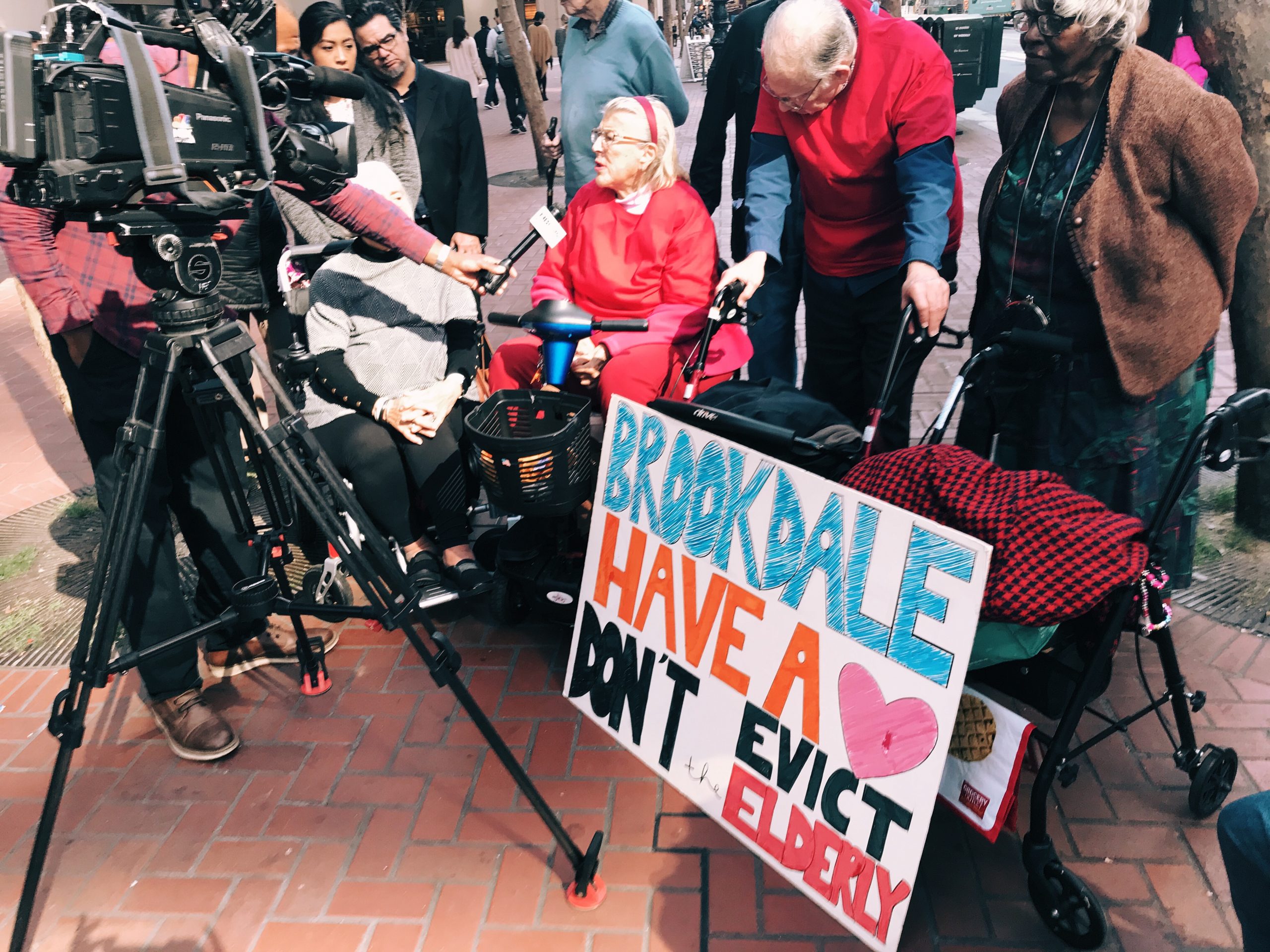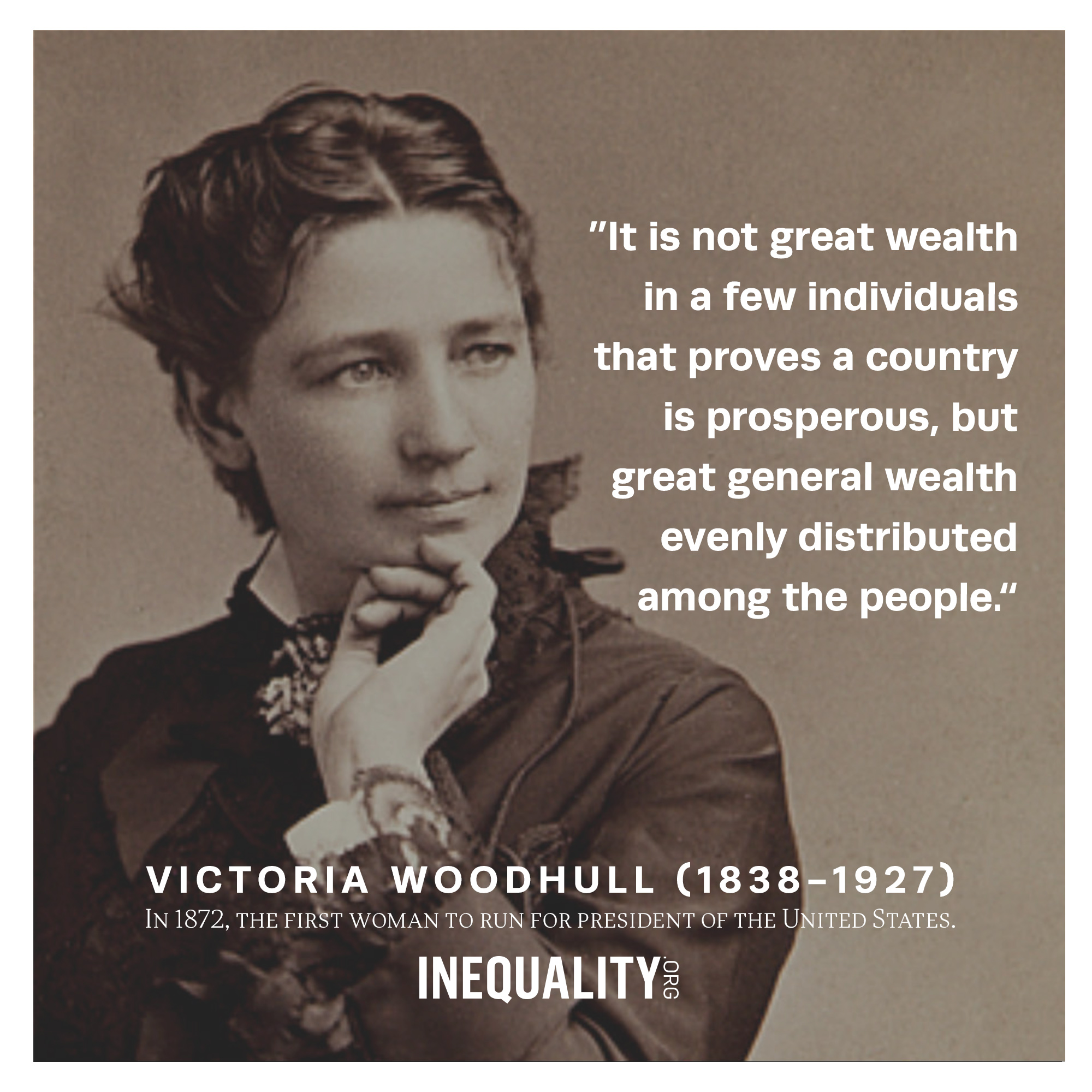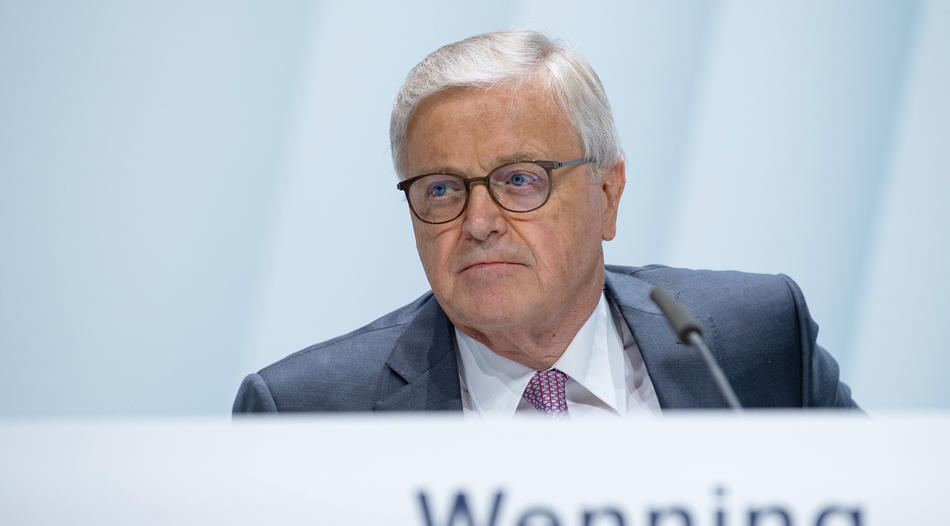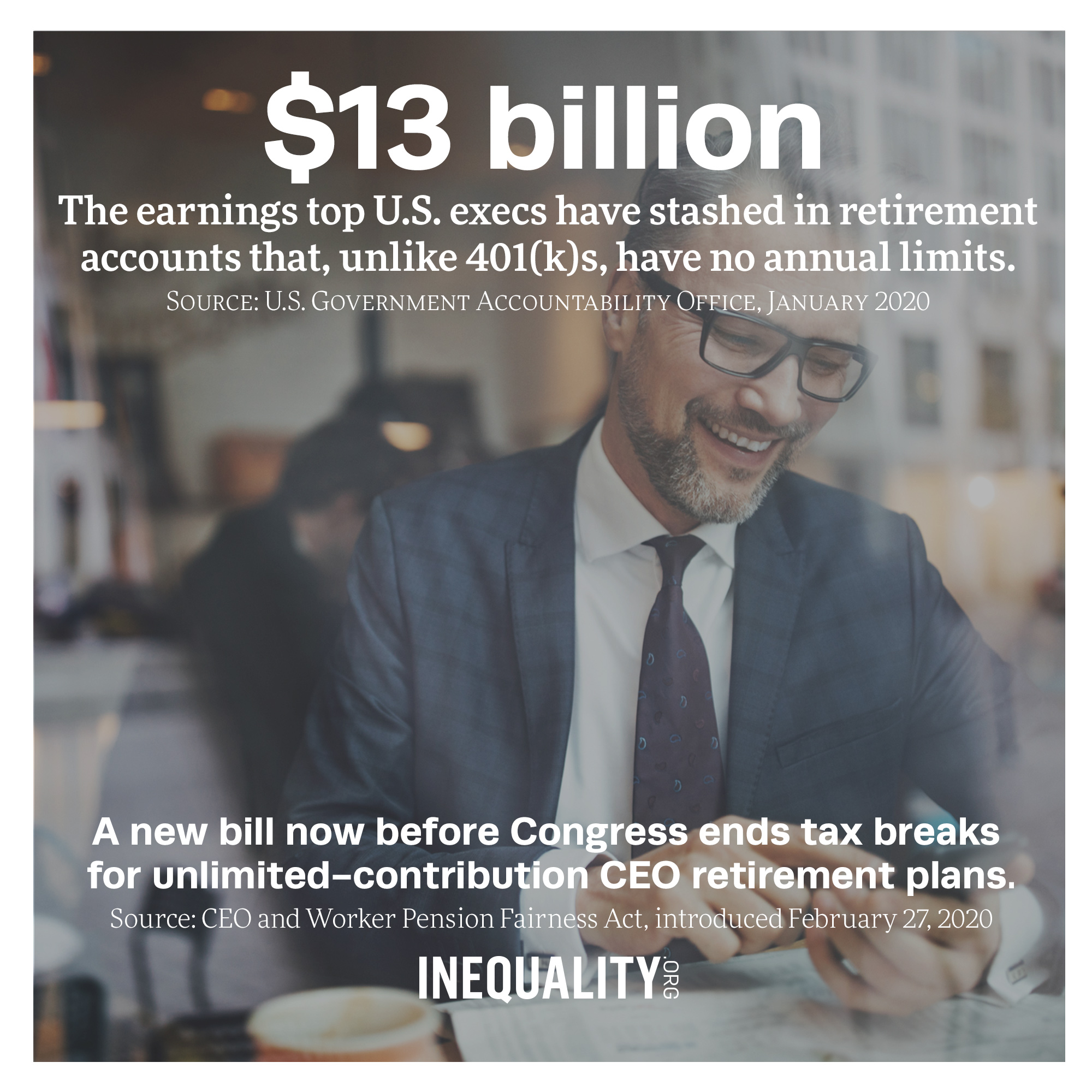| THIS WEEK |
With Super Tuesday fast approaching, the coronavirus has us thinking yet again of how high the stakes for the 2020 U.S. election have soared — for people the world over, not just in the United States. We have Americans today worried about spreading the virus who are facing hospital charges in the thousands of dollars just for trying to do their civic duty and get tested. Americans desperately need a more equitable health care system, and the rest of the world needs to have us get one.
The United States certainly has the resources to provide health care equity. We’ve watched the fortunes of the ultra rich explode, I noted for CNN last week, all while an entire “wealth defense industry” protects them from taxes — and corrodes our democracy.
But we’re still hopeful, thanks to movements pushing big ideas for challenging oligarchy to the political forefront. To help spread that hope, this week’s issue is launching a new section dedicated to spotlighting bold new solutions to our grand divides. Your comments welcome!
Chuck Collins, for the Institute for Policy Studies Inequality.org team
|
|
| |
|
| INEQUALITY BY THE NUMBERS |
 |
|
|
|
| |
|
| FACES ON THE FRONTLINES |
 |
| Brookdale Tenants Protest with ‘Walker Brigade’ |
| Just two days before Thanksgiving, the nearly 100 elderly residents of Brookdale San Pablo in California received an unwelcome notice: they were going to be evicted. Brookdale operates some 800 senior living facilities across the United States. The company’s decision not to renew its lease at San Pablo left tenants scrambling in the midst of a statewide housing crisis. In the months since the notice hit, many Brookdale residents have exited. But other tenants — members of the Alliance of Californians for Community Empowerment — are demanding better treatment. They took their protest to the streets of San Francisco last week with a “walker brigade.” We have more this week. |
|
| |
|
| WORDS OF WISDOM |
 |
|
|
|
| |
|
PETULANT PLUTOCRAT
OF THE WEEK |
 |
| A Taste for More than Life’s ‘Bayer’ Necessities |
| German CEOs tend to take home mere pittances compared to their U.S. counterparts. In 2008, for instance, Werner Wenning pocketed $4.8 million as the CEO of Bayer, Germany’s largest drugmaker. The CEO at Bayer’s American rival Abbott took home $33.4 million. That divide may be why Wenning would go on to start wheeling and dealing just like his U.S. CEO competitors. The biggest Bayer deal would come in 2018. Wenning, by then the Bayer board chair, teamed up with Bayer’s new CEO — his protégé — to buy the U.S. agro giant Monsanto. But the Bayer duo didn’t seem to notice that Monsanto was facing an avalanche of lawsuits over its suspected carcinogenic Roundup weedkiller. Those lawsuits would quickly start tanking Bayer’s share price. Last April, at an angry 12-hour shareholders meeting, Wenning stoutly defended his ill-fated Monsanto merger. Last week, the 73-year-old Wenning stepped down as board chair, still insisting that “Bayer is making great headway strategically and operationally.” Independent analysts are pointing out that Wenning is leaving behind a Bayer that faces $12 billion in Roundup payouts. |
|
| |
|
| BOLD SOLUTIONS |
 |
| Reduce Inequality With Nationwide Vote At Home |
| In our grossly unequal electoral system, the wealthiest Americans can spend unlimitedly to buy political influence while the poor, particularly poor people of color, face multiple barriers to exercising even their most basic democratic voting rights. If you can’t afford to take time off work, pay for childcare, or cover transportation costs, it’s simply harder to get to the polls. One solution: let people vote at home. Tomorrow’s Super Tuesday primaries will include two states — Colorado and Utah — with all-mail elections. California is now transitioning to this same system. Making it easier for low-income Americans to vote could also help narrow our economic divide. One academic study has found that eliminating class biases in voter participation actually leads to lower income inequality. |
|
| |
|
| GREED AT A GLANCE |
 |
|
|
|
| |
|
| TOO MUCH |
 |
| Why Do Cars Kill More People in Unequal Nations? |
| Do you know someone who’s lost a loved one to a car crash? If you live in the United States, the odds say you probably do. We’ve been averaging over 40,000 road deaths a year for the past half-century. The United States, of course, hardly rates as the only nation with ongoing highway carnage. Traffic deaths remain a global problem. Car accidents are claiming 1.3 million lives a year worldwide, with 50 million additional people suffering serious injuries. But these huge numbers obscure an equally troubling ongoing reality: The rates of auto deaths vary enormously by nation. Those nations with lower auto fatality rates also share another commonality. They tend to have lower rates of economic inequality. Inequality.org co-editor Sam Pizzigati has more. |
|
|
|
| |
|
| MUST READS |
This week on Inequality.org
Sarah Gertler and Chuck Collins, Billionaires: A Visual Explainer. An illustrated look at a system allowing billionaire wealth to balloon, all at the expense of everything else we care about.
Arash Kolahi, A Participatory Workplace is a More Fulfilling One, Too. Most workplaces are “mildly alienating at best.” Giving workers decision-making power over their own lives can help.
Elsewhere on the Web
Andrea Fraser and Michelle Millar Fisher, Why Are Museums So Plutocratic, and What Can We Do About It? Frieze. Cultural institutions have a unique opportunity to rebuild democracy.
Rob Larson, The Internal Emails Big Tech Executives Never Wanted You to See, Jacobin. Nothing like an overheard whispered confession from the rich and powerful!
Nathan Heller, Is Venture Capital Worth the Risk? New Yorker. Venture capital kingpins shaped the past decade. They could destroy the next.
Lily Batchelder, Leveling the Playing Field between Inherited Income and Income from Work through an Inheritance Tax, Hamilton Project. A promising proposal to reform how we tax inheritances.
Stephanie Hegarty, The boss who put everyone on 70K, BBC. Whatever happened to that Seattle CEO who hiked everyone’s pay and cut his own? Good things.
|
|
| |
|
| A FINAL FIGURE |
 |
|
|
|
| |
|
| WORK WITH US |
| We're Hiring an Inequality Media Specialist! |
| IPS-New England seeks to hire an experienced professional for the position of Inequality Media Specialist. This position will build on existing IPS communications assets and deepen the reach and quality of our work on the “inequality beat.” This full-time, full-benefitted salaried position will operate out of our Boston office in Jamaica Plain and report to the Program Director of the IPS Program on Inequality and the Common Good. |
|
| |
|
|